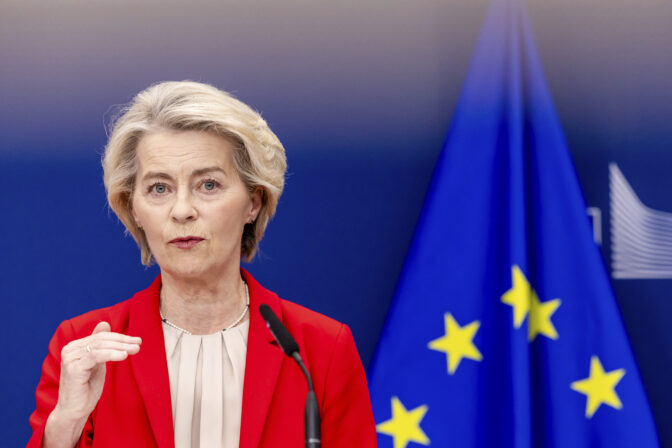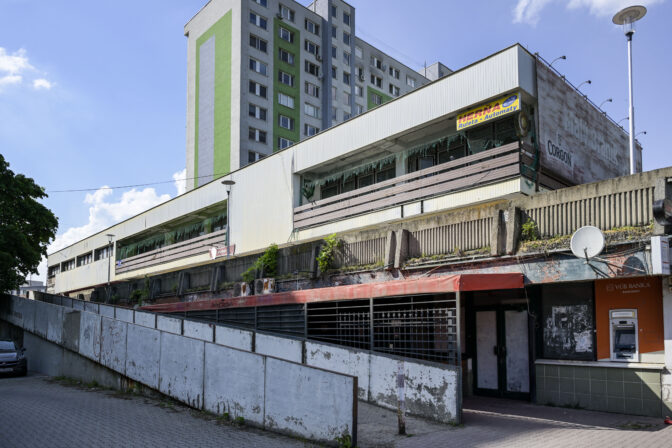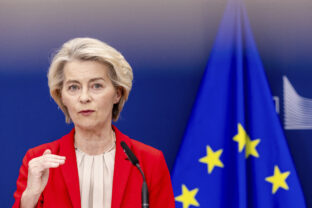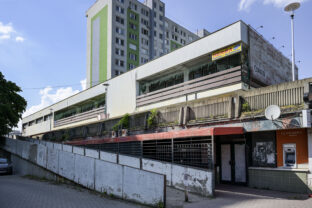BRATISLAVA, September 7, (WEBNOVINY) — Slovakia’s competitiveness deteriorated further. In the latest Global Competitiveness Report 2011-2012 released by the World Economic Forum, Slovakia fell by nine positions from last year to the 69th place in a chart of 142 countries. Following a drop by 13 positions last year to the 60th place, the country again considerably sank and achieved the worst ever result since its inclusion in the international comparison.
Robert Kicina, President of the Slovak Business Alliance (PAS), partner institution to the World Economic Forum commented that Slovakia’s ranking worsened for the fifth time in a row, at the same time definitely losing its previous advantage over other Visegrad Group (V4) members. While the Slovak economy again considerably fell from a year ago, other V4 countries maintain solid ranking or post an improvement, following moderate declines in the previous period.
Switzerland tops the overall rankings in The Global Competitiveness Report 2011-2012, as in the previous report. Next follow Singapore, Sweden and Finland. The U.S.A. dropped to the fifth place. Northern and western European countries dominate the Top Ten with Sweden (3rd), Finland (4th), Germany (6th), the Netherlands (7th), Denmark (8th) and the United Kingdom (10th). The Czech Republic and Poland experienced a moderate decline by two positions to the 38th place and 41st, respectively. Hungary moved upwards by four places to the 48th. Slovakia neighbors Columbia and Rwanda on the chart, while being the fourth least competitive EU member, overtaking Bulgaria (74th), Romania (77th), and Greece (90th).
The World Economic Forum identified low enforceability of law as the gravest disadvantage harming Slovakia’s competitiveness. Other problematic areas cover wide-spread cronyism, extremely low trust of the public in the integrity of politicians regarding financial matters and non-transparent public procurement. On the other hand, the openness to foreign investors, low customs barriers and openness to foreign investments focused on new technologies are among positively evaluated aspects.
SITA












